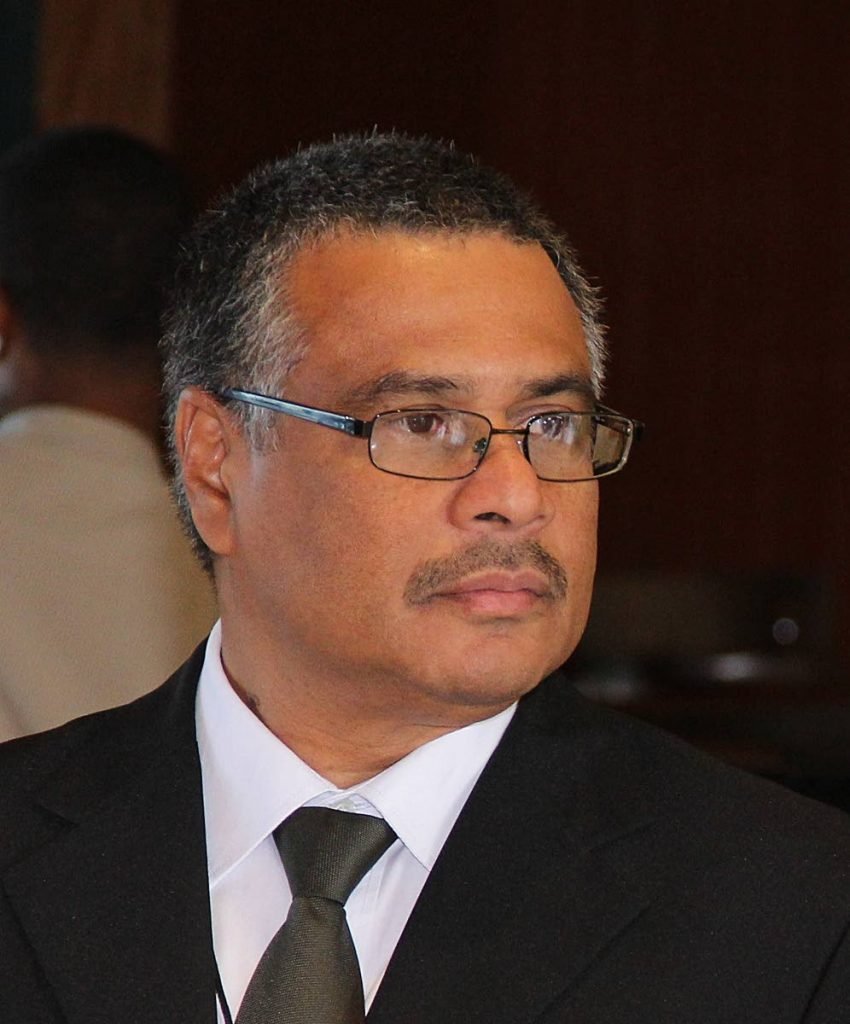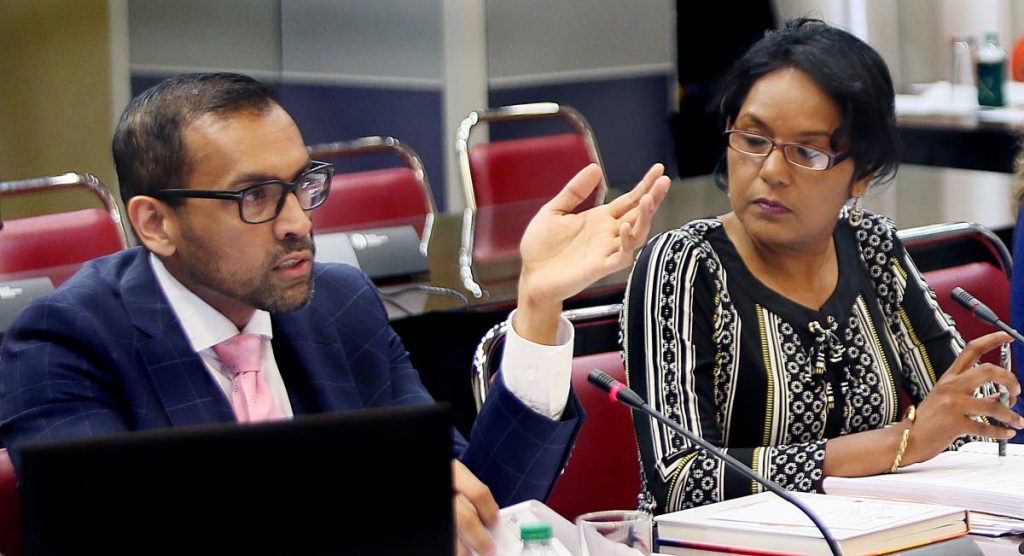Bill will make us criminals

It’s being regarded as an all-out attack on the Fourth Estate.
From its hefty penalties to the overt restrictions on the use of resources that have long assisted journalists in the discharge of their profession, the controversial Cybercrime Bill 2017 threatens to undermine the very nature of the democracy and the quest for equity and justice, stakeholders contend.
In fact, so incensed are they about the bill, there have been calls for it be urgently revisited to reflect the realities of the profession, particularly in a digital age.
Saying the legislation, if passed in its existing form in the Parliament, could send a journalist to prison for doing his or her job, veteran journalist Wesley Gibbings noted this would also present circumstances for “a best case scenario” in which a challenge in court can establish “its essentially unconstitutional nature.”
Commenting on the legislation currently before a joint select committee (JSC), Gibbings said one of its real dangers was that it proposed to criminalise different forms of communication.
“There is a valid and specific claim that it can, in fact, criminalise journalism. But some sections of the bill have the potential to have a chilling effect on other forms of communication in pursuit of the public interest.”
Gibbings said this was a global trend as governments panic over what he called a loss of control over virtual space.
He said attempts to scrutinise and control the flow of information in the public domain has long been a feature of regional territories.
Gibbings told Sunday Newsday: “I have very often said that the default position of all sections of our society is censorship and the punishment of people for expressing or disseminating unpopular or discomfiting views.”
He added: “It is, therefore, natural that politicians of all political shades should come to the table with the mind-set that certain forms of expression should be criminalised. This includes journalism, but is not exclusive to journalism.
“But, it also true that, many times, especially in our small authoritarian cultures in the Caribbean, we would first need to be free in order to be responsible.”
A former president of the Association of Caribbean Media Workers, Gibbings said laws that affect the media and the ideas guiding them throughout many years from colonisation to the early years of independence, including the “infamous” Green Paper on Media Reform (introduced in 1995 under the former Basdeo Panday administration) and current cyber legislation, were blind to the requirement of free expression in all its manifestations as a foundation of the democratic process.
In this regard, Gibbings took issue with several clauses of the legislation, specifically 8, 1 and 2, which seek to criminalise the journalist.
This is also the main concern of the Media Association of TT (MATT), which is pushing the Government to revisit key aspects of the legislation.

Attorney Dr Emir Crowne, who is representing MATT’s steering committee in the JSC, told Sunday Newsday while the legislation does not appear ostensibly to impact journalists “the substantive effect of several of the provisions does, indeed, impact journalism.
“It stifles the very core of the investigative journalist’s function,” he argued.
Even so, Crowne regarded the legislation as well-intentioned, saying it was meant to address the inadequacies of the Computer Misuse Act and criminalise behaviours that were particularly problematic in today’s information age.
However, he argued the legislature must balance the need to criminalise certain behaviours with fundamental and constitutionally protected rights (like freedom of the press and privacy).
Like Gibbings, Crowne also agreed the legislation threatened to criminalise journalists, whistleblowers and members of the public who receive, gain access to or share computer data from another individual, knowing that the other individual has obtained the computer data through unauthorised means.
“It contains provisions to charge journalists and their sources for electronic tip-offs and should be carefully examined by the wider public.”
Crowne said the legislation, which was first introduced in the House of Representatives in March 2014, also infringed on journalists’ ability to gather and report information.
“The bill threatens to criminalise and imprison journalists who report on documents obtained from whistleblowers and to undermine the ethical obligation of journalists to protect the identities of confidential sources.”
He added: “This challenges the constitutionally enshrined rights of press freedom and the public’s right to free expression, key pillars on which the democracy stands.”
Crowne said several clauses of the bill also struck directly at the day to day professional activities of journalists and other civil society interests.
He called for the immediate withdrawal of the bill in its current form to allow for greater consultation from stakeholders and public debate.
MATT has consistently maintained the bill must include exemptions for journalists and whistleblowers.
It said, without such exemptions, the bill threatened to violate constitutional rights to press freedom and freedom of expression.

Comments
"Bill will make us criminals"